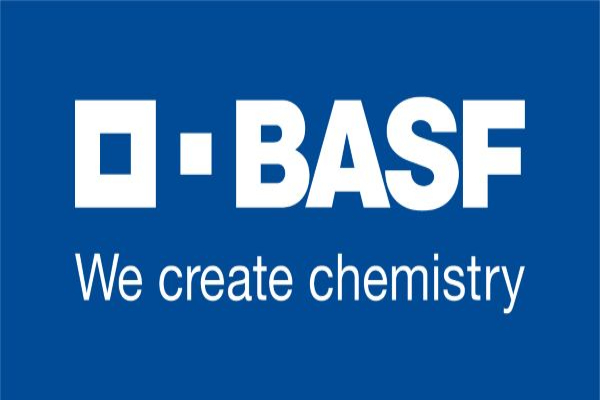Strong footprint in all regions gives BASF resilience; EBITDA before special items nearly at prior-year quarter level

In the first quarter of 2025, BASF held its position in an increasingly challenging environment. EBITDA before special items was at about the level of the prior-year quarter and was in line with average analyst estimates, said BASF’s Chief Financial Officer Dr. Dirk Elvermann at the presentation of the first-quarter results in a conference call for analysts and investors.
He stressed the economic benefits of having production assets in all key regions worldwide. In light of the recent market developments around the U.S. tariff announcements, Elvermann said: “We produce locally for the local markets. Especially in these challenging times, this makes us more resilient than others and is a competitive advantage.”
BASF Group’s sales in the first quarter of 2025 amounted to €17.4 billion, €151 million below the figure of the prior-year quarter (€17.6 billion). This development was mainly attributable to the decline in sales volumes in the Agricultural Solutions, Chemicals and Nutrition & Care segments, while volumes in the Surface Technologies, Industrial Solutions and Materials segments remained at prior-year level. Moreover, lower prices resulting from competitive pressure in almost all segments contributed to the decline. The Nutrition & Care segment implemented price increases. Currencies boosted sales in almost all segments, mainly driven by positive effects from the U.S. dollar.
Compared with the first quarter of 2024, income from operations before depreciation, amortization and special items (EBITDA before special items) decreased by €87 million to €2.6 billion. While EBITDA before special items in the Surface Technologies segment increased slightly, all other segments contributed to the Group’s slight earnings decline. The Agricultural Solutions, Chemicals and Nutrition & Care segments, in particular, recorded considerably lower EBITDA before special items compared with the prior-year period. Earnings in the Materials and Industrial Solutions segments declined slightly. Earnings in Other increased significantly. The reasons for this rise included lower bonus provisions, higher earnings contributions from BASF’s insurance companies as well as higher foreign currency and hedging results included in miscellaneous income and expenses.
EBITDA amounted to €2.2 billion, following €2.7 billion in the prior-year period. The EBITDA margin before special items was 15.1 percent, following 15.4 percent in the prior-year quarter. Special items in EBITDA amounted to minus €447 million in the first quarter of 2025. Special charges arose mainly from the sale of BASF’s shares in the Nordlicht 1 and 2 wind farm projects. At €1.2 billion, EBIT was €493 million below the figure of the prior-year quarter. Depreciation and amortization amounted to €981 million (prior-year quarter: €965 million).
Income after taxes decreased by €573 million compared with the first quarter of 2024 to €837 million. At €29 million, noncontrolling interests were €14 million below the prior-year level. As a result, net income was €808 million (prior-year quarter: €1.4 billion).
BASF Group outlook for 2025
Since the beginning of 2025, the United States has imposed a series of new tariffs on its trading partners’ imports. Some tariffs and countermeasures from trading partners have taken effect and remain in place, while others were temporarily paused after a short period of time. Trade between the United States and China now faces very high tariffs, which are likely to have a considerable impact on direct trade between the two economies.
Already in the first quarter, production momentum in the chemical industry and its customer industries was significantly influenced by reactions to anticipated tariff increases by the United States. Developments going forward will largely depend on the trade policy decisions made by the United States and its trading partners. A reliable quantification of the impact on the global economy is not possible at this time. In light of the volatile situation, the assumptions published in the BASF Report 2024 regarding the global economic environment in 2025 remain unchanged for the time being.
The volatility of the tariff announcements and the unpredictability of other decisions by the United States, as well as possible countermeasures by trading partners are causing a high level of uncertainty.
Subscribe to our newsletter & stay updated.